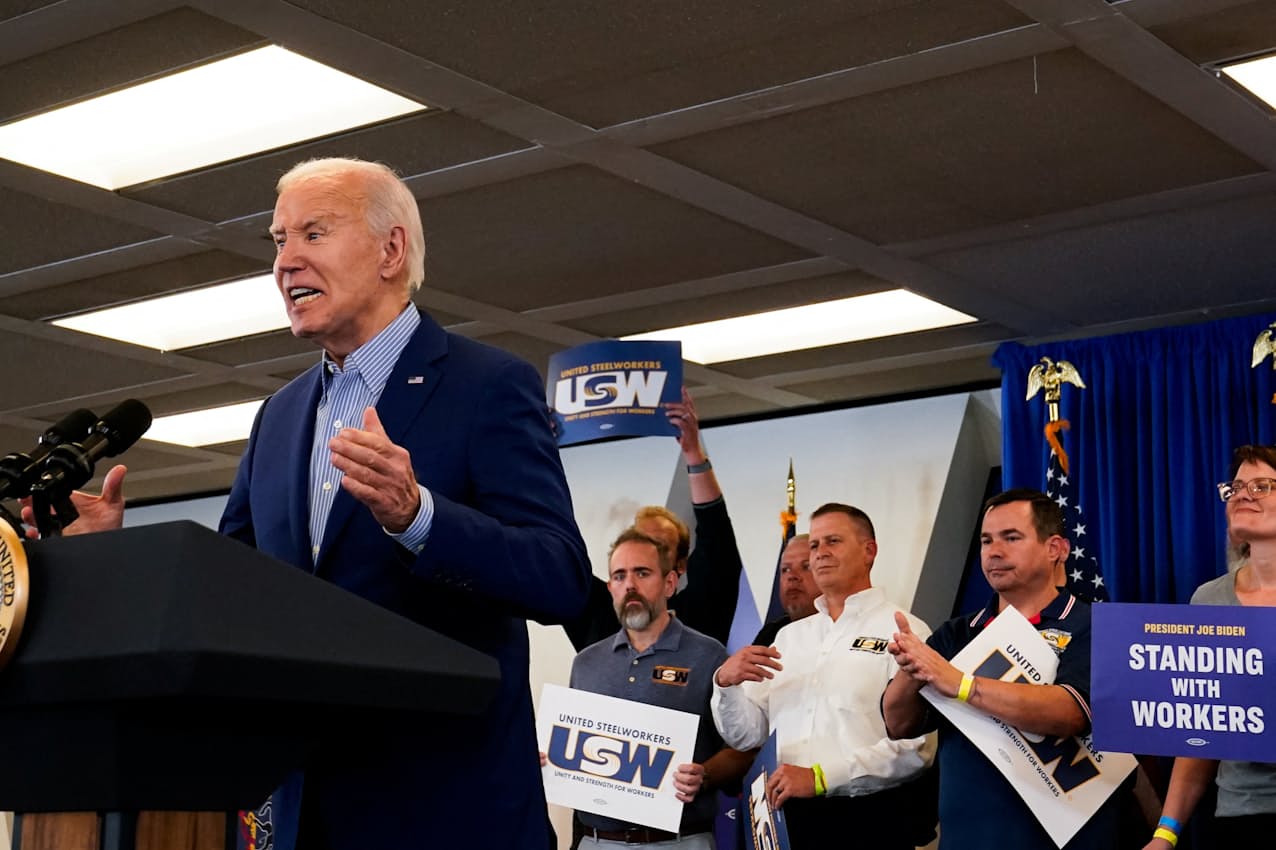
The US President Should Not Resort to Protectionism
President Biden announced he was tripling punitive tariffs on Chinese steel and aluminum products on April 17, citing suspicions of dumping.
Currently, the U.S. imposes an additional 7.5% tariff on steel products imported from China under Section 301 of the Trade Act. President Biden has requested that the United States trade representative increase this to more than 20%.
While it is true that the Chinese government heavily subsidizes major industries, urging a reassessment of pricing is understandable.
However, unilateral actions under Section 301 in the guise of protecting domestic industries present numerous issues. Ideally, trade disputes should be resolved through discussions facilitated by the World Trade Organization and other similar entities.
The decision to increase punitive tariffs appears to be a strategy aimed at yielding a positive outcome in the upcoming election. President Biden announced this policy in Pittsburgh, Pennsylvania, a hub for the steel industry, including companies like U.S. Steel. Pennsylvania is a critical state in the presidential race.
Former President Donald Trump initially imposed unilateral punitive tariffs under Section 301 in 2018. If President Biden is adopting even stricter measures as a strategy to outdo Trump, one might see this as deviating from free trade principles.
President Biden has also expressed concern about Nippon Steel's acquisition of U.S. Steel. It is evident that BIden aims to counter Trump’s objections.
The acquisition, which both companies approved, should not be subject to political interference.
As the presidential campaign intensifies, there is a risk that both President Biden and Trump will increasingly use language that promotes excluding foreign investment and encourages protectionism. Such a trend could destabilize an already uncertain global economy. Both candidates must exercise the utmost restraint.


